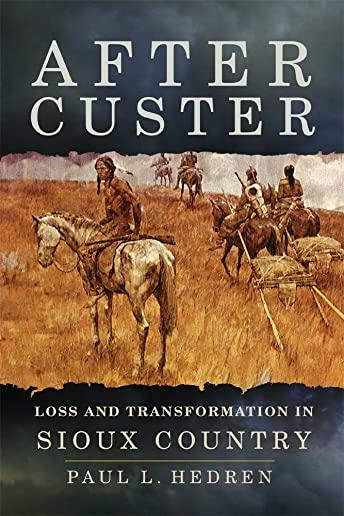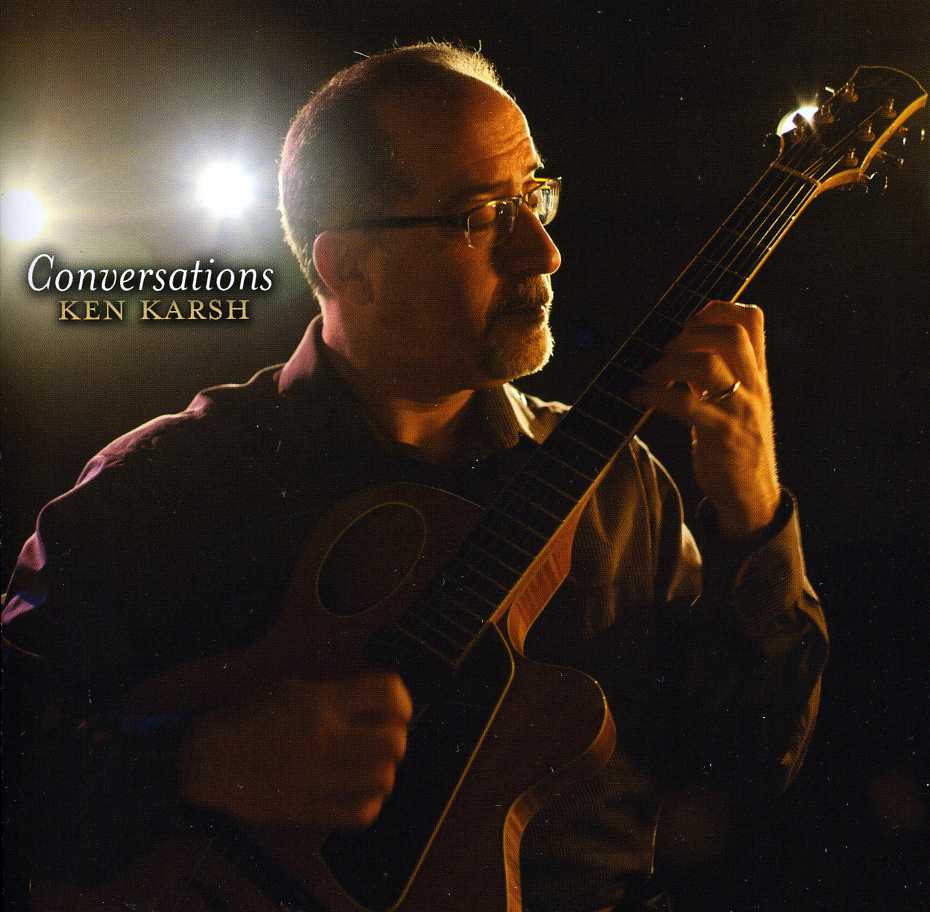
Morgan, Rachel
product information
description
ican archaeology--from reckless looting to professional science--and the field's unfinished efforts to make amends today, told "with passion, indignation, and a dash of suspense" (New York Times). American archaeology was forever scarred by an 1893 business proposition between cowboy-turned-excavator Richard Wetherill and socialites-turned-antiquarians Fred and Talbot Hyde. Wetherill had stumbled upon Mesa Verde's spectacular cliff dwellings and started selling artifacts, but with the Hydes' money behind him, well--there's no telling what they might discover. Thus begins the Hyde Exploring Expedition, a nine-year venture into Utah's Grand Gulch and New Mexico's Chaco Canyon that--coupled with other less-restrained looters--so devastates Indigenous cultural sites across the American Southwest that Congress passes first-of-their-kind regulations to stop the carnage. As the money dries up, tensions rise, and a once-profitable enterprise disintegrates, setting the stage for a tragic murder. Sins of the Shovel is a story of adventure and business gone wrong and how archaeologists today grapple with this complex heritage. Through the story of the Hyde Exploring Expedition, practicing archaeologist Rachel Morgan uncovers the uncomfortable links between commodity culture, contemporary ethics, and the broader political forces that perpetuate destructive behavior today. The result is an unsparing and even-handed assessment of American archaeology's sins, past and present, and how the field is working toward atonement.
member goods
No member items were found under this heading.
Return Policy
All sales are final
Shipping
No special shipping considerations available.
Shipping fees determined at checkout.







